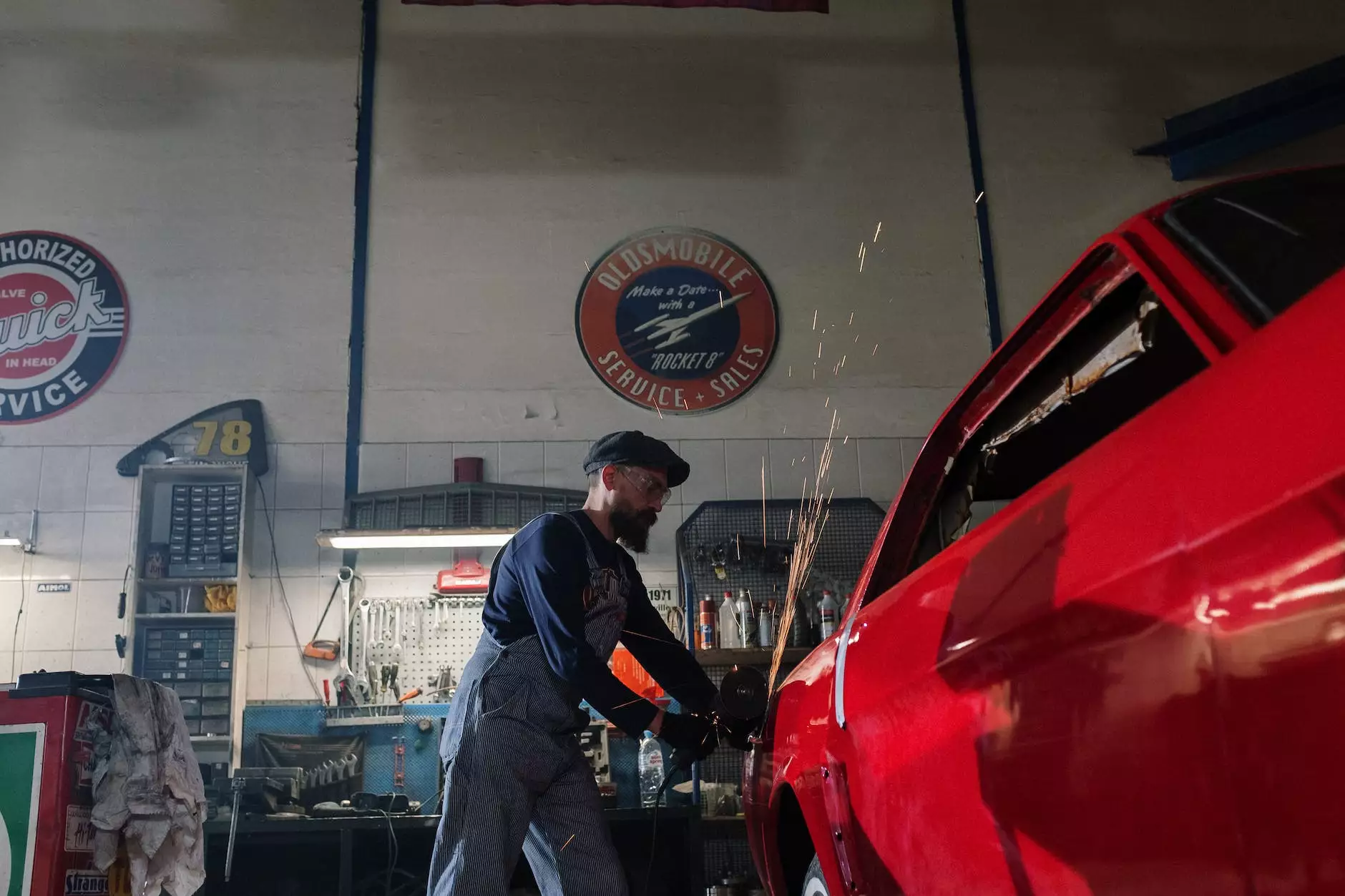Understanding the Business of Making Fake Certificates

In today's competitive world, the significance of qualifications and professional recognition cannot be overstated. For many, the process of making fake certificates has emerged as a viable solution for achieving their dreams. This article delves deeply into the multifaceted business of creating these documents, exploring the niche it occupies within the education and professional services sectors.
The Rise of Fake Certificates in Modern Society
As educational institutions and employers increasingly emphasize documented proof of qualifications, the demand for certificates, diplomas, and degrees has soared. This demand has given rise to a parallel industry specializing in making fake certificates. While the idea of obtaining a degree through unconventional means may raise ethical questions, it is essential to explore why individuals may consider this route.
Reasons Behind the Demand for Fake Certificates
- Career Advancement: Many individuals seek to advance in their careers but lack the formal qualifications needed. Fake certificates can provide a shortcut.
- Educational Access: Some individuals face barriers to education due to financial constraints or personal circumstances. Fake diplomas can offer an alternative.
- International Opportunities: In a globalized world, certificates from different countries can open doors to job opportunities abroad.
- Overcoming Incompetency: Individuals who feel unprepared or lack confidence may resort to fake certificates to compensate for their perceived shortcomings.
Legal and Ethical Implications of Making Fake Certificates
Engaging in the creation or use of fake certificates raises significant legal and ethical issues. It is crucial for those considering this path to understand the potential consequences, which include:
- Legal Repercussions: Many jurisdictions classify the creation and use of fake certificates as fraud, leading to severe legal consequences.
- Damage to Reputation: If discovered, individuals can suffer long-term damage to their professional and personal reputation.
- Financial Loss: The initial investment in fake documentation may lead to greater losses if it results in job termination or prosecution.
The Process of Making Fake Certificates
For those who are still interested in understanding the actual process, here is a simplistic breakdown of key steps involved in making fake certificates:
1. Understanding the Requirements
The first step involves understanding what the intended certificate should look like. This includes studying authentic samples to comprehend layout, fonts, seals, and signatures.
2. Selecting the Right Tools
With advancements in technology, various tools and software are available for creating documents. Graphic design software, high-quality printers, and specialty papers are commonly used.
3. Designing the Certificate
Creating a visually appealing and convincing design is crucial. Attention to detail in terms of layout, typography, and color schemes can enhance the authenticity of the certificate.
4. Printing and Finishing Touches
After designing, the document must be printed on high-quality paper. Additionally, adding embossed seals or using specific ink colors can increase the document’s professionalism.
Types of Fake Certificates Available
The market for fake certificates is diverse, with several types tailored to meet different needs. Some of the most common types include:
- High School Diplomas: Many individuals seek to present themselves as high school graduates.
- College Degrees: Associate’s, bachelor’s, master’s, and even doctorate degrees appear frequently in the marketplace.
- Professional Certifications: Certificates related to specific professions, such as project management or IT certifications, can also be found.
- Transcripts: Alongside diplomas, individuals often seek fake transcripts to provide additional proof of their supposed education.
Finding a Reliable Service for Fake Certificates
If someone is determined to pursue the path of acquiring a fake certificate, selecting a reliable service provider is essential. Here are some tips:
- Research: Look for reviews and feedback from previous customers to gauge the reliability of the service.
- Quality Assurance: Ensure that the provider can guarantee high-quality, convincing certificates.
- Customer Support: A reputable service will offer strong customer support to address any concerns or inquiries.
- Security Features: Authentic-looking certificates often have specific security features. Ensure the provider can replicate these authentically.
Conclusion: Weighing the Pros and Cons
In conclusion, while making fake certificates may seem like an attractive solution to some, it is essential to weigh the potential benefits against the significant risks involved. The allure of advancing one's career or gaining educational access may be strong, but the long-term consequences can be severe. It is advised to consider legal and legitimate pathways to education and career advancement that uphold personal integrity and responsibility.
The Future of Fake Certificates and Certifications
As technology continues to evolve, so does the landscape of educational certification. The future may see even more sophisticated means of creating fake documents. However, equally, institutions and employers are becoming more vigilant and adopting advanced verification processes to counteract forgery. This ongoing battle between the creators of fake documents and the legitimate stakeholders emphasizes the importance of authenticity and integrity in education and professional realms.
In summary, while the business of making fake certificates may thrive for now, it is crucial to approach this issue with a discerning eye, considering not just the immediate benefits, but the broader implications of such actions on one's life and career.



